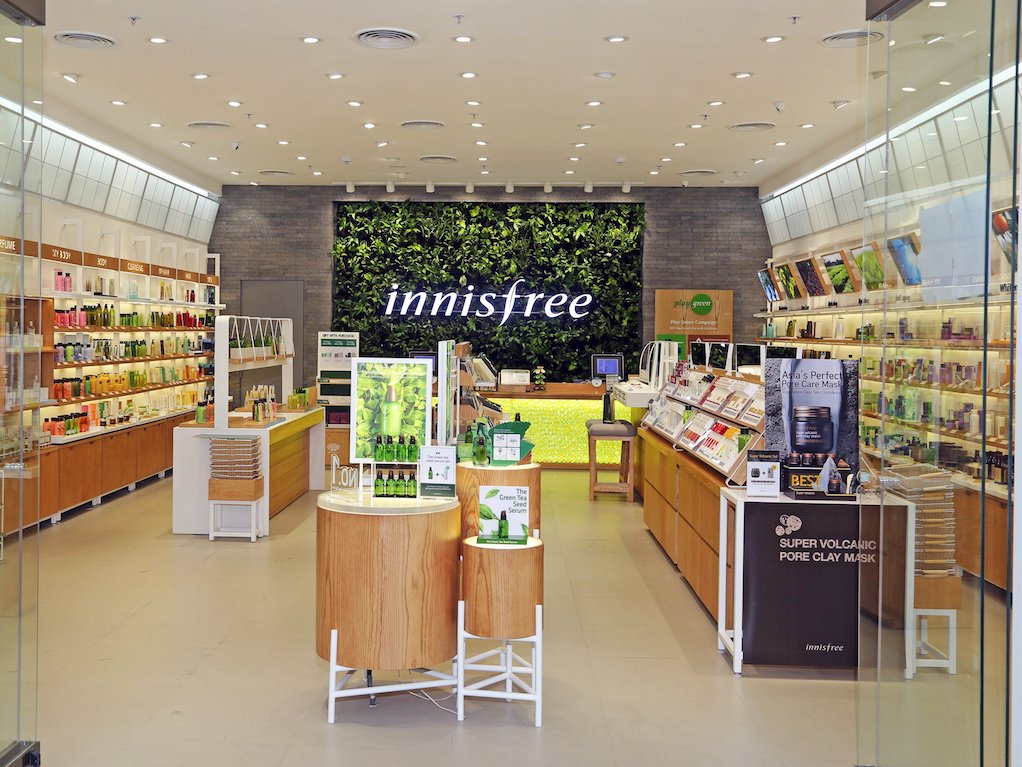Clean Beauty Columnist Allie Rooke talks you through everything you need to know about entering the China beauty market without testing on animals. She also shares updates on the latest regulatory changes and offers up her view on whether China will ever ban animal testing for good.
These days, the most burning question on most independent beauty brands’ lips is: when will China change their animal testing policies? The simple answer is no one really knows. However, there have been several updates recently that show it is moving in a positive direction.
This is great for independent beauty brands, many of who have put their morals before their purses over the last few years. It’s good news for Chinese consumers too, as many of them are keen to access these great brands more easily.
If an international beauty brand wants to enter the China market today, there are few avenues open to them, as listed below:
The Main Route
For most major cosmetics and skincare brands including giants like Estee Lauder, L’Oréal, Shiseido, etc, the general trade route to market involves a long registration process which includes animal testing. Once brands have completed the registration, they are able to sell anywhere in China, such as retail stores, department stores, online and apps.
Non Animal Testing Routes
There are two routes you can take if you don’t want to test your products on animals.
- Domestic Production: Chinese-made cosmetics brands have not had to undergo animal testing since 2014. So, if you are an international brand, and you are willing to manufacture your products in a Chinese factory within mainland China, you do not need to undergo animal testing. The caveat is that this does not include what is termed special use cosmetics, such as those with specific claims like Whitening, SPF or Anti-Wrinkling.
- Cross Border E-Commerce: If you sell online in China through specific cross border platforms inclduing Tmall Global, JD Worldwide and Little Red Book), the products only get sent into the mainland once the consumer has placed the order, which means the brand can avoid undergoing any sort of testing. This is the common route for Cruelty-Free brands such as Charlotte Tilbury, Lush, 100% Pure among others.
So, What’s The Latest? Will Animal Testing Ever End?
It’s impossible to say for sure when animal testing regulations in China will change but here are the latest updates from the past year, which offer some hope for a possible ending, and our best predictions for 2020 ahead:
Pre-Market Animal Testing
This regulation is currently in place for all products being imported into China through general trade.
In June 2019, there was an announcement by the NMPA (China’s equivalent of the US FDA) that they were looking into alternative testing methods for non-special-use cosmetics and were asking for general comment.
In January 2020, there was an announcement that China’s State Council had given the green light for long awaited cosmetics regulatory changes and stated that imported cosmetics should come in line with domestic cosmetic regulations.
However, the details of what this means exactly have not yet been released. We are hopeful that this means an end to animal testing for imported non -special use cosmetics. Our best guess is that Chinese authorities will share more information and specific details by the end of March 2020.
It’s worth nothing that there will still be a period of implementation needed and probably a pilot project so it’s unlikely that we will start seeing the first non-animal tested products going through general trade until end 2020.
Post Market Animal Testing
This is where a product is already on sale in physical retail outlets but authorities can pull it from the shelf to test it at will.
The reality is that this has not been abolished in all provinces, so if a brand sells in physical retail stores the products are still technically at risk in certain provinces. However, experts say authorities have not used this method in years and are very unlikely to as there are other means and methods that would give a much quicker result as to toxicity levels etc.
The Leaping Bunny Pilot
In November there was an announcement that some brands who have achieved the global Leaping Bunny certification (and label) were able to go through a special pilot project in China which enabled them to sell in physical stores.
This pilot is a collaboration between Leaping Bunny and Knudsen, a regulatory consultancy in China. Here’s how it works:
- The brands manufacture in a specific district in China under the supervision of Leaping Bunny and Knudsen.
- Products are then sold within Shanghai and other key districts. If there is ever any product safety issue with these pilot brands, the brands have agreed to fully recall all products in the market to avoid any risk (however minimal) of post-market testing.
- These products can also be sold directly to end consumer via online channels like Tmall and JD.
In Conclusion: It’s Time For Change
China remains of the few major markets in the world to require mandatory and regular animal testing on cosmetics. In reality there are still many markets who have not abolished animal testing – it is still legal in Australia for example, although not widely used.
Let’s hope the world takes the European Union’s and more countries declare it illegal not only to test on animals, but also to sell products that have been tested. We have better methods to maintain public safety, so we regulatory standards ought to catch up!
If you are a beauty brand that is looking to enter China and you would like to learn more about the routes to market that don’t involve animal testing, check out my masterclass dedicated to cross border e-commerce. It’s the perfect place to start.
Lead image courtesy of Innisfree.


